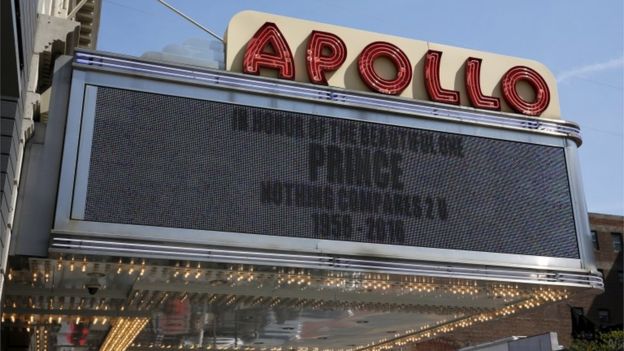Planes within planes, images within images, frames that look onto windows that look onto canvases of other windows and frames...Michael Chapman's visual vocabulary is a kind of hallucinatory maceration of a particular American viewpoint, and most noticeably the work of Edward Hopper. E. Lynne Moss of American Artist magazine wrote, "Over the past nine years, the artist’s themes and subjects – beach scenes, interiors, city streets, trees and parks, and nocturnes- have become increasingly more complex in their content and composition. Consistently featuring such objects as fire hydrants, chairs, tables, cars, and trains. Chapman continually reconceives their arrangements, explaining that he has a 'vocabulary of subject matter' that interests him. 'I resolve the same ideas in different ways,' he says. 'My mind keeps working on them without being conscious of it. It’s almost as if it’s a matter of time before I will come up with a final solution.'" I've always said that when one looks at an artist's body of work--whether that artist is a painter, a sculptor, a filmmaker, a poet, a fashion designer--it is often clear to see that artist working through a single idea, perhaps approaching it from a different angle each time, trying to refine and perfect and ultimately digest it. We all have images or ideas that have snagged us, that task us, even vex us...
Chapman's interiors remind me greatly of the work of Hopper, especially his glorious, penultimate work,
Sun In An Empty Room which I wrote about
here. Chapman even includes Hopper paintings within his own interiors. See the last work in this post, a painting Chapman entitled
Southwest Sojourn--it contains a view of the painting
Western Motel by Hopper!
Top to bottom:
American Fire Watchers; Dark Utterance: Evening Contentment; Gathering Sunny Days; Illumination and Speed; Nightwatchers; Ocean Park Sunlight; Private Sunlight; Private Sunlight #2; Private Sunlight; Southwest Sojourn
Michael Chapman is represented by many art galleries but I did not find a dedicated website.




























































